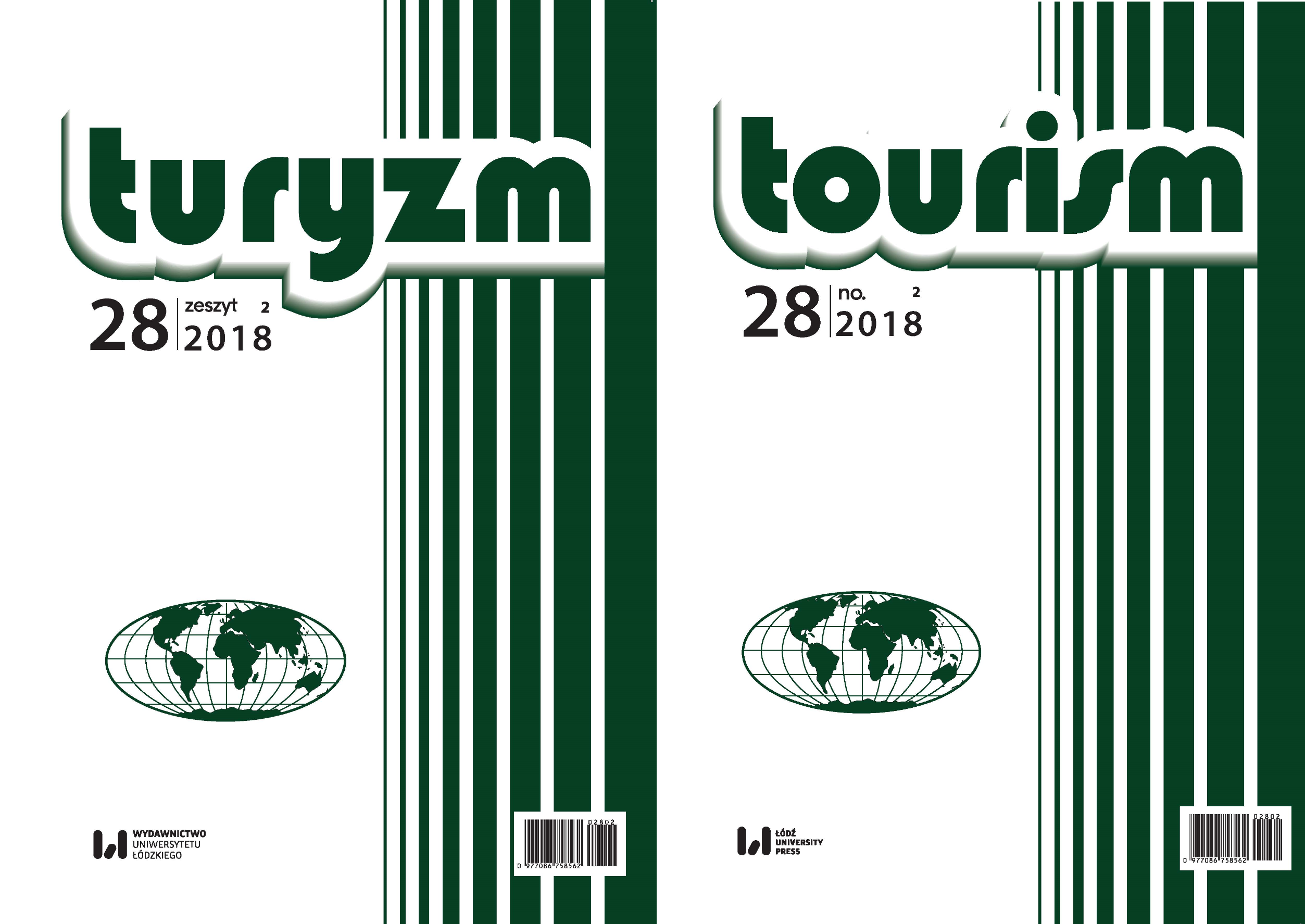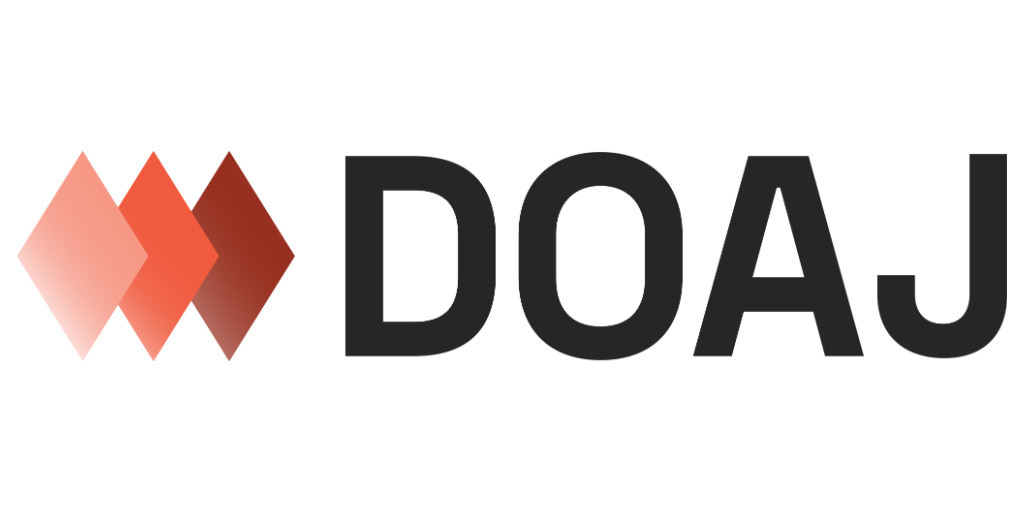The potential of knowledge transfer from universities to the tourism industry in Poland: assessment on the basis of research projects financed by the National Science Centre
DOI:
https://doi.org/10.2478/tour-2018-0015Keywords:
university, knowledge transfer potential, university-industry collaboration, tourism industryAbstract
Knowledge transfer from universities to the socio-economic environment is becoming increasingly important. This challenge also applies to researchers in the field of tourism. The article examines the potential of knowledge transfer, understood as a university’s ability to engage in cooperation with external stakeholders. The aim of this work is to identify this potential on the basis of the number and subjects of research projects qualified for funding by the National Science Center in Poland. According to this study, the number of research grants dedicated to tourism is insufficient. Taking into account the projects, an assessment of knowledge transfer potential is favourable due to the broad scope and relevance of the research.
Downloads
References
ARVANITIS S., KUBLI U., WOERTER M., 2008, University-industry knowledge and technology transfer in Switzerland: What university scientists think about co-operation with private enterprises, Research Policy, 37 (10), pp. 1865-1883, http://doi.org/10.1016/j.respol.2008.07.005
Google Scholar
BEKKERS R., FREITAS I.M., 2008, Analysing knowledge transfer channels between universities and industry: To what degree do sectors also matter?, Research Policy, 37 (10), pp. 1837-1853, doi: 10.1016/j.respol.2008.07.007
Google Scholar
BOARDMAN P.C., PONOMARIOV B.L., 2009, University researchers working with private companies, Technovation, 29, pp. 142-153, https://doi.org/10.1016/j.technovation.2008.03.008
Google Scholar
D’ESTE P., PATEL P., 2007, University-industry linkages in the UK: What are the factors underlying the variety of interactions with industry?, Research Policy, 36, pp. 1295-1313, https://doi.org/10.1016/j.respol.2007.05.002
Google Scholar
D’ESTE P., IAMMARINO S., 2010, The spatial profile of university-business research partnerships, Papers in Regional Science, 89 (2), pp. 335-350, http://doi.org/10.1111/j.1435-5957.2010.00292.x
Google Scholar
LEE J., MANSFIELD E., 1996, Intellectual Property Protection and U.S. Foreign Direct Investment, The Review of Economics and Statistics, 78 (2), pp. 181-186, doi:10.2307/2109919.
Google Scholar
MAIETTA O.W., 2015, Determinants of university-firm R&D collaboration and its impact on innovation: A perspective from a low-tech industry, Research Policy, 44 (7), pp. 1341-1359, http://doi.org/10.1016/j.respol.2015.03.006
Google Scholar
MANSFIELD E., 1995, Academic Research Underlying Industrial Innovations: Sources, Characteristics, and Financing, The Review of Economics and Statistics, 77 (1), pp. 55-65, doi: 10.2307/2109992.
Google Scholar
MARZANO G., SCOTT N., 2009, Power in Destination Branding, Annals of Tourism Research, 36 (2), pp. 247-267, http://doi.org/10.1016/j.annals.2009.01.004
Google Scholar
MUSCIO A., NARDONE G., 2012, The determinants of universityindustry collaboration in food science in Italy, Food Policy, 37 (6), pp. 710-718, http://doi.org/10.1016/j.foodpol.2012.07.003
Google Scholar
Narodowe Centrum Nauki, 2018, Statystyki konkursów NCN, https://www.ncn.gov.pl/statystyki/
Google Scholar
PERKMANN M. et al., 2013, Academic engagement and commercialisation: A review of the literature on university-industry relations, Research Policy, 42 (2), pp. 423-442, http://doi.org/10.1016/j.respol.2012.09.007
Google Scholar
RAJALO S., VADI M., 2017, University-industry innovation collaboration: Reconceptualization, Technovation, 62-63, pp. 42-54, http://doi.org/10.1016/j.technovation.2017.04.003
Google Scholar
REED M.G., 1997, Power Relations and Community-Based Tourism Planning, Annals of Tourism Research, 24 (3), pp. 566-591, http://doi.org/10.1016/S0160-7383(97)00023-6
Google Scholar
SAITO H., RUHANEN, L., 2017, Power in tourism stakeholder collaborations: Power types and power holders, Journal of Hospitality and Tourism Management, 31, pp. 189-196, http://doi.org/10.1016/j.jhtm.2017.01.001
Google Scholar
SCHARTINGER D., SCHIBANY A., GASSLER H., 2001, Interactive relations between university and firms: Empirical evidence for Austria, Journal of Technology Transfer, 26 (3), pp. 255-268, https://doi.org/10.1023/A:1011110207885
Google Scholar
SOBAIH E.A., JONES E., 2015, Bridging the hospitality and tourism university-industry research gap in developing countries: The case of Egypt, Tourism and Hospitality Research, 15 (3), pp. 161-177, http://doi.org/10.1177/1467358415578188
Google Scholar
ZUCKER L.G., DARBY M.R., ARMSTRONG, J.S., 2002, Commercializing knowledge: University science, knowledge capture, and firm performance in biotechnology, Management Science, 48 (1), pp. 138-153, https://doi.org/10.1287/mnsc.48.1.138.14274
Google Scholar
Downloads
Published
How to Cite
Issue
Section
License

This work is licensed under a Creative Commons Attribution-NonCommercial-NoDerivatives 4.0 International License.










